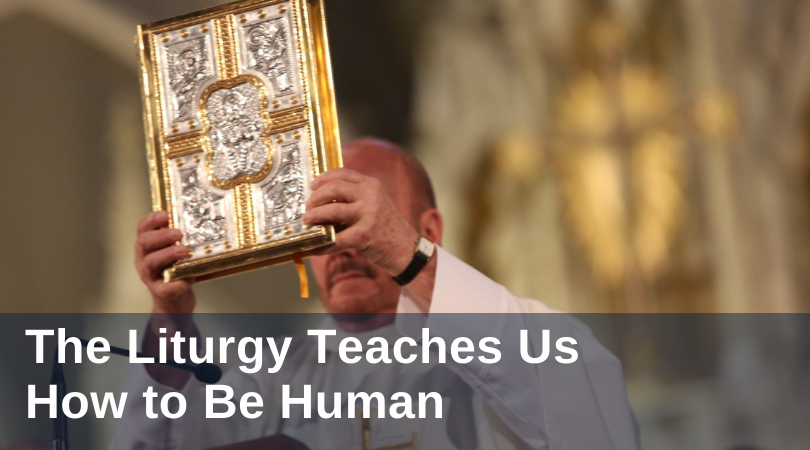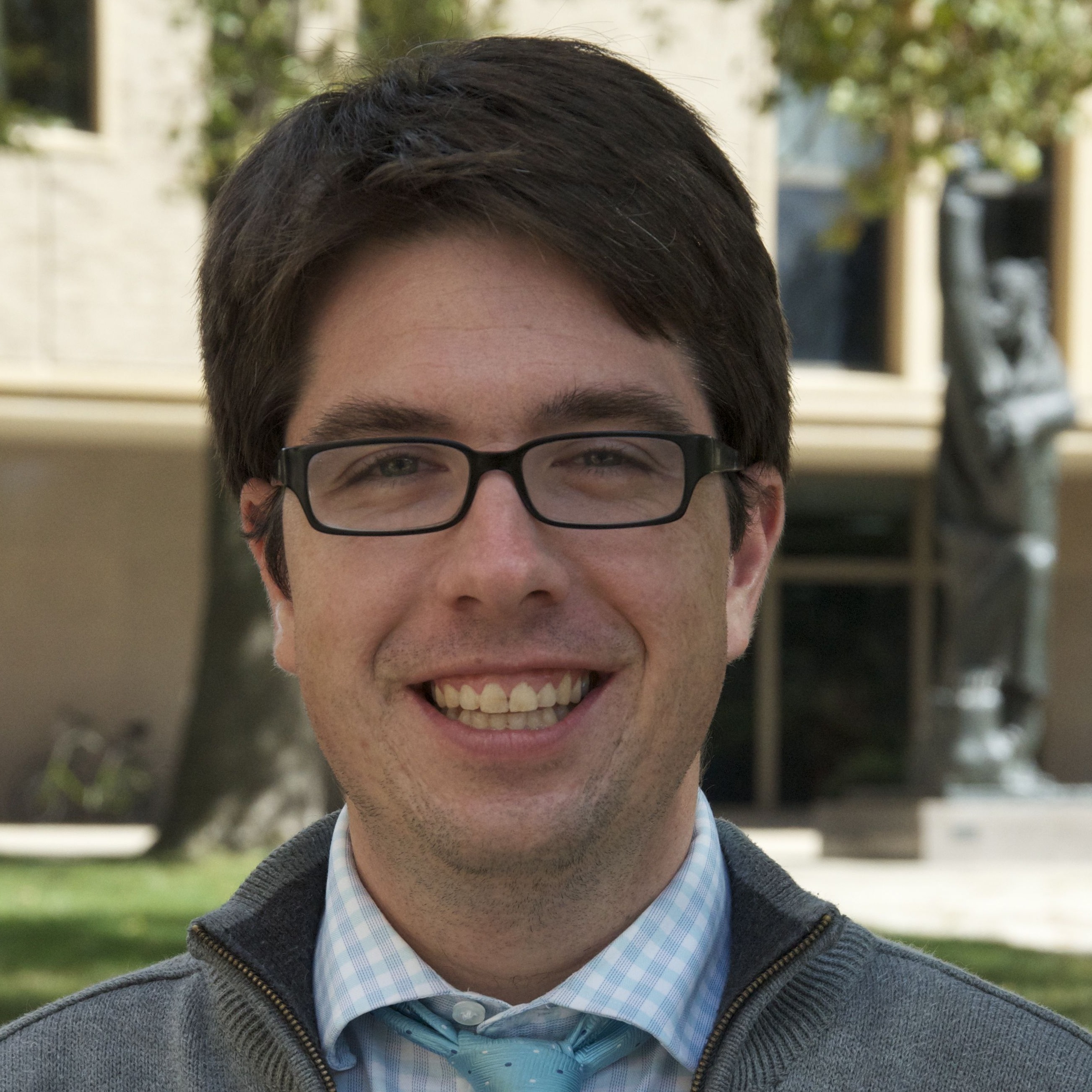
In The Spirit of the Liturgy, Romano Guardini describes the link between culture and the liturgy. Without the liturgy, culture turns in upon itself, becoming the religion of the aesthete. Without culture, liturgy desiccates, unable to lift the human spirit to adore the living God.
I suspect that one of the problems yet unaddressed by the reforms of the liturgy after the Second Vatican Council was the development of a culture sufficient to enable the flourishing of the liturgy. Here, I don’t mean simply the “high culture” of the aesthete who delights in reading the latest edition of The New York Review of Books. Rather, culture here is closely linked to “cult.” That is, culture is a manner of life, a mode of living within the world, a way of “being.”
For many of us, our way of being is dominated by technique. The school becomes a place where bits of knowledge or skills are passed on to young women and men. They become recipients of a way of life oriented not to leisure but frenetic activity. As Margarita Mooney, author of "The Love of Learning and the Lay Desire for God," points out, the students graduating from these institutions are not receiving an education into what it means to be human. They’re being formed as technicians and bureaucrats. They’re not happy in the end, because no one has dedicated a single course to the question that calls out from the depths of their hearts: what does it means to be happy?
There are many answers to this question, not all religious. But for a Catholic, the pursuit of happiness involves contemplating the face of God, the beatific vision. The liturgy is integral to a Catholic education because liturgical prayer disposes women and men to their proper end: contemplative union with God.
For this reason, the Notre Dame Center for Liturgy is hosting our 2020 Liturgy Week on liturgy and education. We want to ask: how can the liturgy infuse the life of the school and parish alike to become a source of true education, of a genuine “cultivation” of wisdom? At the same time, we want to ask how a school pursuing wisdom can infuse new life in the liturgy.
Mooney is right to look toward the monks for this union. After all, it’s Jean LeClercq’s classic The Love of Wisdom and the Desire for God that is the inspiration not only for her article but also our event. The monks knew that the vocation of learning was not technique but ultimately adoration.
Is there not something counter-cultural to asking such a question? Right now, the major question at many schools (Catholic and otherwise) is how we can form students as citizens and technicians of the present age. Parish life is often dominated by the newest programs, the best way to evangelize through techniques discovered by this or that evangelization guru.
We at the Center for Liturgy want to suggest that there really is an educational crisis in the present age, as Pope Emeritus Benedict XVI said when he visited the United States. The crisis, he identified, was of relativism. Undoubtedly, this is still the case. Let me suggest, though, that the real crisis in American schools and parishes alike is a love of the technocratic, an obsession with action and best practices.
If we’re to respond effectively to the problems of our age, we may need to consider not simply what to do, how to act, but also how to be.
And we can’t answer the question of how to be without infusing the art of sacramental contemplation into our parishes and schools alike.
I hope you’ll come and join us.
Featured Image: Roman Catholic Archdiocese of Boston; CC-BY-NC-ND-2.0.



